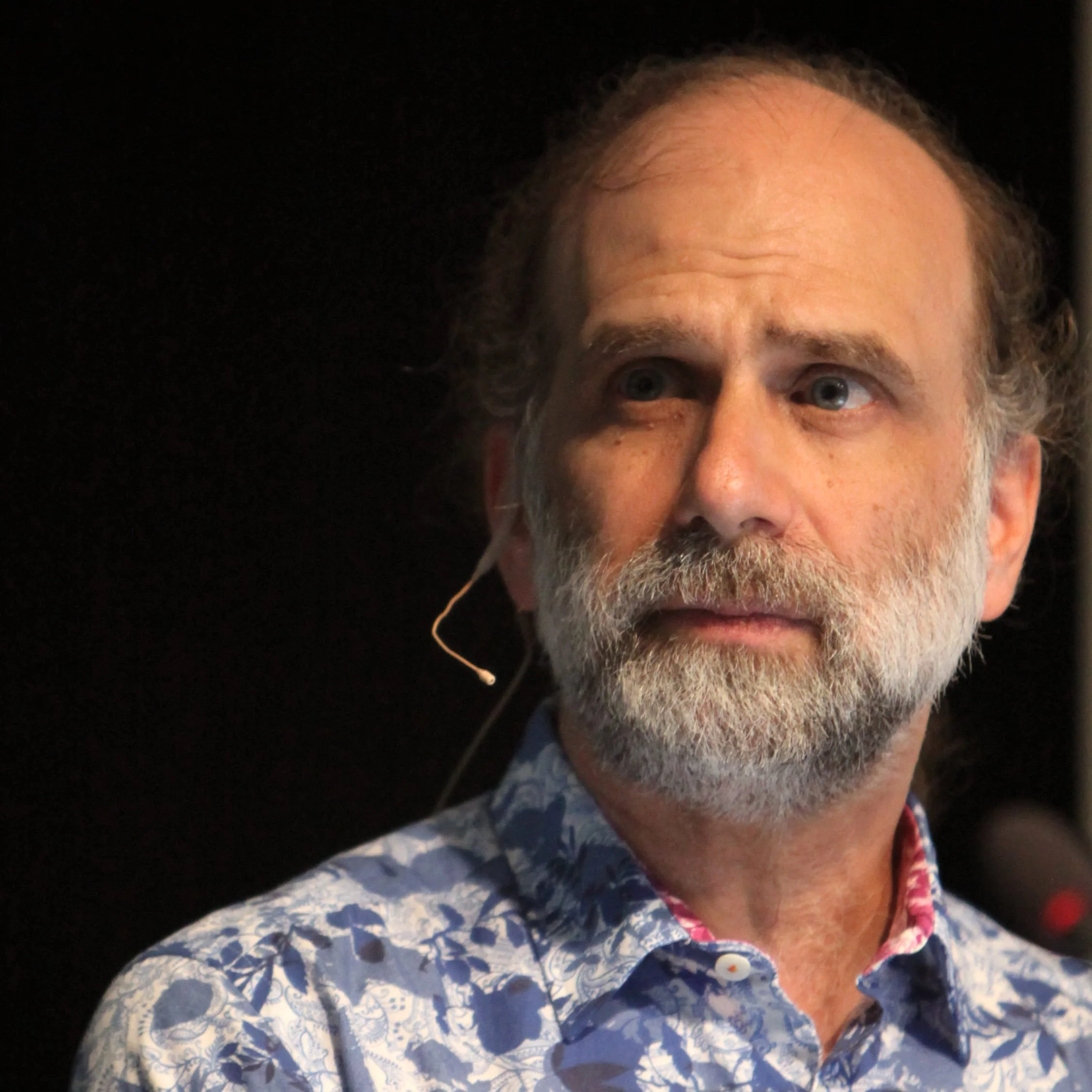Houston Southard
Bruce Schneier - Click here to kill everybody
With services like Booter, crashing someone's website is only a few clicks away. It's also a really easy way to get jail time, but it's nice knowing for a meager hourly fee it's always an option. I mean, who doesn't want to DDoS someone at least once a week?
I'm sure with a logless VPN, a half-assed TOR tunnel and (insert shitty cryptocurrency of choice here) it's easy enough to get away with, but cyberterrorism is for the petty.
Everyone with a fiber connection thinks themselves a Black Hat in today's world, which is why author Bruce Schneier is never bored. A cybersecurity expert, Schneier is a White Hat in the perpetual game of whack-a-mole between hackers who harm and hackers who help.
Cyber attacks are increasingly prevalent. White Hats stopper loopholes when they're exposed, but it's a tough trade to stay proactive in a global technology market increasingly pushing the internet of things (IoT), the post-internet era in which we don't just use the internet, but interface with it via bluetooth with dozens of devices. The cliched Orwellian sacrifice of security for convenience and the illusion of safety.
Much hardware is Asian-produced and -programmed where production costs are low, resulting in a supply-chain mess. Chips are manufactured in one country and assembled in another, run software written in a 3rd, integrated into a final system in a 4th, quality tested in a 5th and sold to a customer in a 6th. The integrity of the final system can be subverted at any of these stops, because all [un]said countries have their own local governments with their own incentives and can coerce their citizens into doing their bidding. Building back doors in devices is incredibly tough to detect.
Bruce's take is more stakes than advice. It's a call to arms for policy makers to force companies who make IoT devices to disclose whether or not they have certain security features, because currently, they don't. It's ironic that the forces that keep encryption enforcement weak are the same ones who've had their servers hijacked, all in the name of making it easier for them to surveil us. Then again, when have old institutions ever thought ahead? They need to get with the program.


